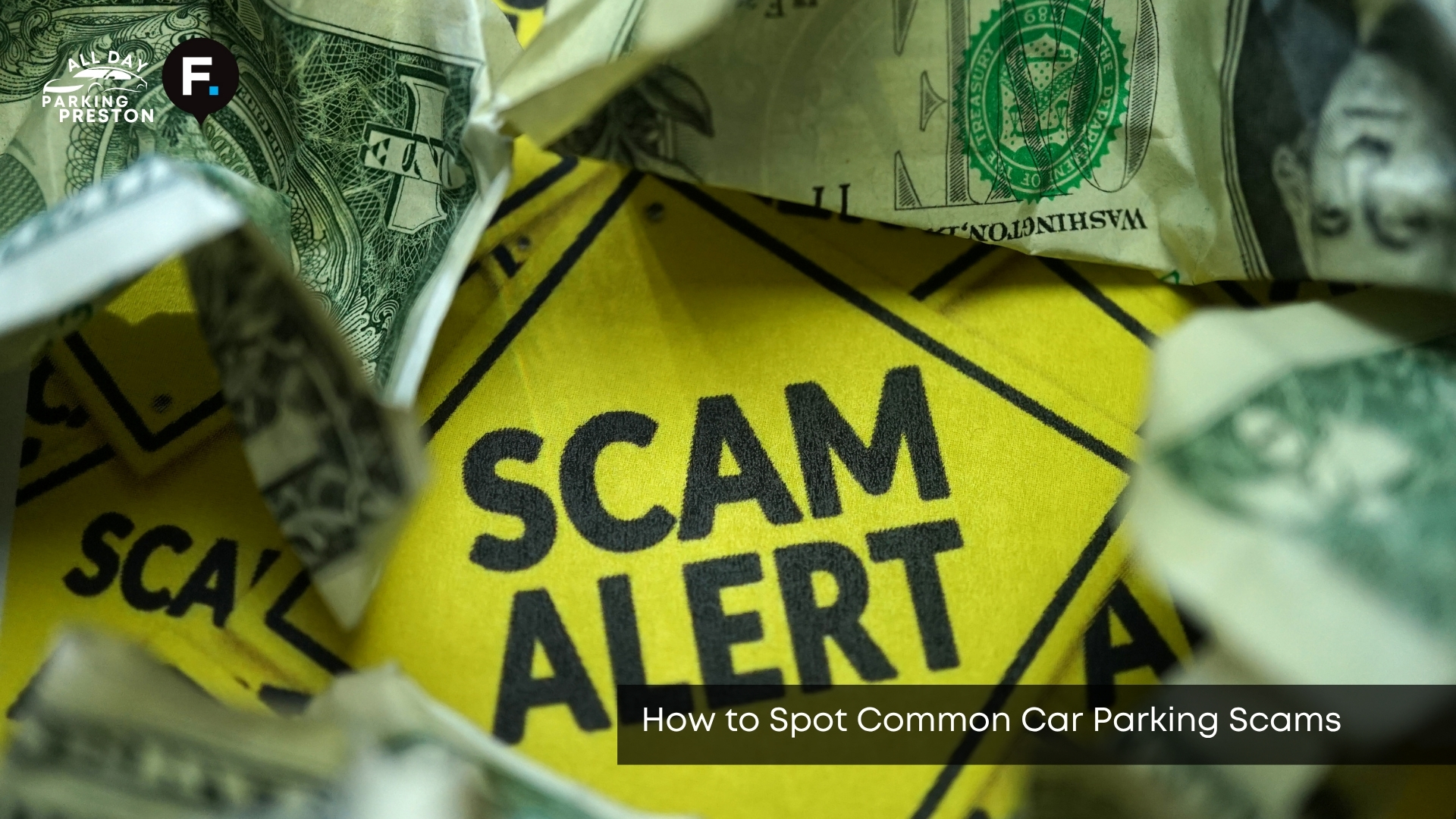Car parking scams are more common than most drivers realise. Whether you’re parking in a city centre, retail park, or quiet residential area, scammers have found clever ways to take advantage of people who are simply trying to leave their cars safely. Knowing what to look out for can help you stay protected and prevent financial loss. Here’s a guide to the most common tricks and how to keep your parking experience stress-free.
Why Are Car Parking Scams on the Rise?
Car parking scams are on the rise because more drivers are using self-serve machines and mobile apps, which create new chances for fraud. Scammers take advantage of busy or distracted drivers who may not double-check where or how they’re paying. As more car parks move to digital systems, criminals adapt their methods. This means drivers need to stay alert and recognise signs of unusual activity. Spotting the most common scams is a good place to begin.
What Are the Most Common Car Park Scams to Watch For?
The most common car park scams include fake attendants collecting cash, cloned QR codes on pay machines, bogus fine letters, and people reselling used tickets. Some scammers even wear fake uniforms to appear official. Others may use hidden cameras to capture your PIN or card details at machines. Each scam plays on trust or confusion, especially when people are in a hurry. One of the oldest tricks involves fake attendants.
How Can You Tell If a Parking Attendant Is Fake?
You can tell a parking attendant is fake if they refuse to show ID, only accept cash, or offer a “special price” for the space. Real attendees should always have visible badges and wear the logo of the company managing the site. If someone seems rushed, vague, or aggressive, it’s a strong sign they’re not genuine. Fake attendants often appear in busy or unmonitored lots. Payment scams can also appear in unexpected ways.
Should You Trust QR Codes or Payment Signs at Car Parks?
You should not trust QR codes or payment signs unless they are printed directly on a trusted machine or displayed by the parking operator. Scammers sometimes overlay fake QR codes on top of real ones, directing users to untrustworthy websites. These websites may steal your payment details or claim your card was declined, tricking you into paying again. It’s always safer to enter the official app manually. If you see someone selling tickets, stay alert.
What Should You Do If Someone Tries to Sell You a Parking Ticket?
If someone tries to sell you a parking ticket, you should walk away and report it to the site owner or local council. These tickets are usually counterfeit or have already been used, and they won’t protect you from receiving a fine. Some scammers pretend their ticket is still valid and offer to sell it at a discount. Legitimate parking doesn’t work this way, and your vehicle could be recorded on entry. The trick doesn’t end there either.
Are Fake Parking Fine Letters Still a Problem?
Yes, fake parking fine letters are still a problem, especially when scammers copy the style of real companies or councils. These letters often demand payment through bank transfer or shady websites. They may include your vehicle’s registration number or car details, which can seem convincing. Genuine fines typically come with official references and offer multiple avenues for appeal. Scammers rely on fear to prompt you to pay quickly. Some get your details through other means.
How Can Scammers Use Your Number Plate or Payment Details?
Scammers can use your vehicle’s registration number to send fake fines or link your details to cloned cars. If they also capture your card details, they can make unauthorised payments or set up fraudulent accounts. This often happens through tampered machines or fake websites. Always use secure, well-known parking systems and avoid entering details on unfamiliar pages. Knowing what to do if you’re targeted is the next important step.
What Steps Can You Take to Avoid Parking Scams?
To avoid parking scams, use only trusted car parks with clear signs, functioning CCTV, and official payment options. Don’t hand cash to strangers, and avoid scanning QR codes unless you know they’re genuine. Use well-reviewed apps or pre-pay through known websites. Always check for tampered machines or stickers over payment instructions. For longer stays, consider using Preston parking permits that remove the need to pay on-site altogether. And keep receipts or payment confirmations, just in case. Reporting scams quickly also helps protect others.
When Should You Report Suspicious Parking Activity?
Report suspicious parking activity as soon as you notice something unusual, such as someone demanding cash or unclear payment methods. Contact the car park operator, local council, or the police if you suspect a crime is in progress. Take a photo if it’s safe to do so, and refrain from sharing personal details with anyone on-site. Staying informed is your best defence, and that brings us to how your choices can protect you. This includes awareness of layout, lighting, and even car park safety matting that improves security on foot.
How Smart Parking Choices Keep You One Step Ahead
Smart parking choices, such as using secure apps, checking machine details, and being cautious of who you pay, can help you avoid scams altogether. When you know the warning signs, you’re far less likely to be caught out. Protecting your data, sticking to trusted providers, and reporting anything suspicious all contribute to safer parking for everyone. If you’re unsure where to start, explore secure Preston parking options with verified payment systems. With just a bit of awareness, you’ll stay several steps ahead of scammers.


Leave a Reply